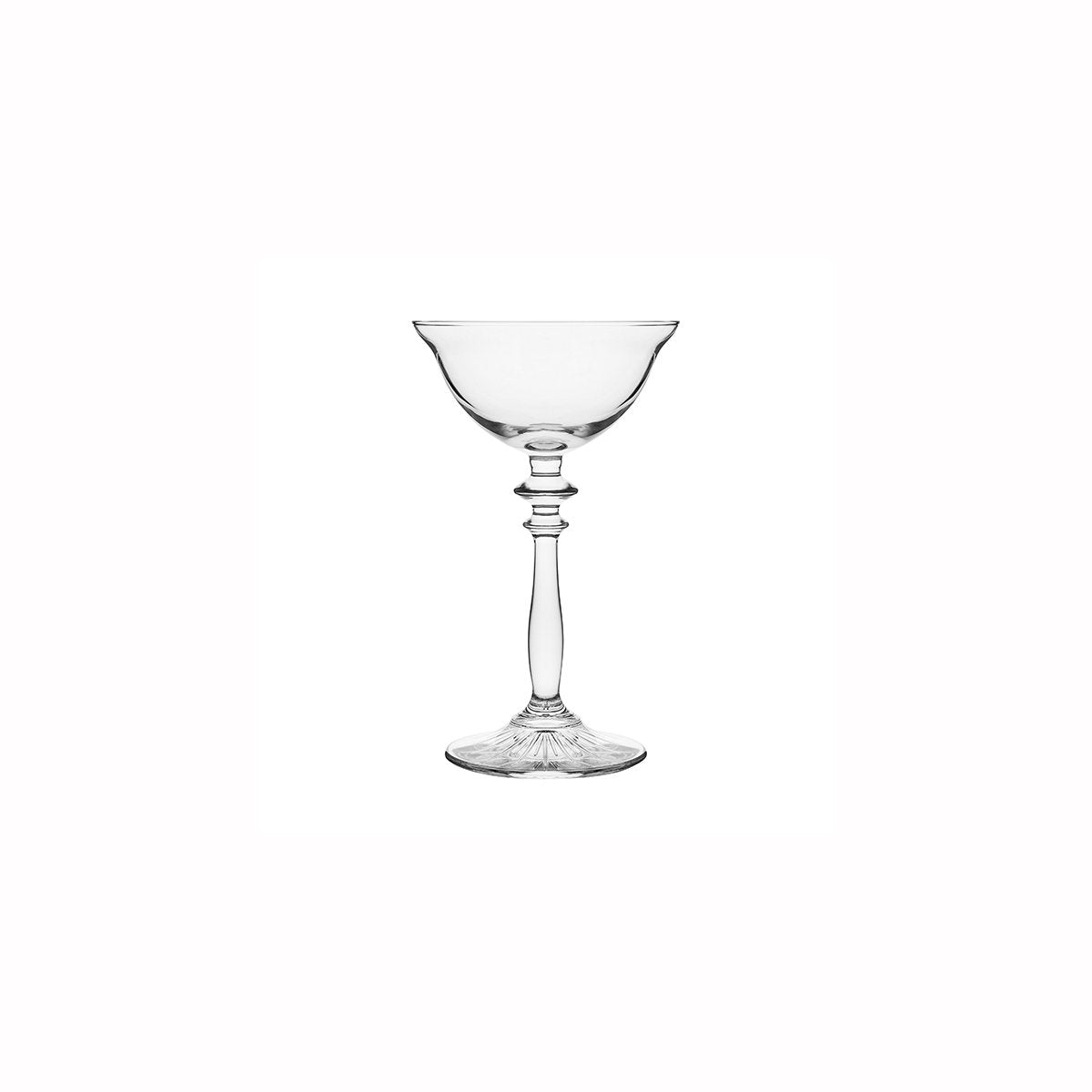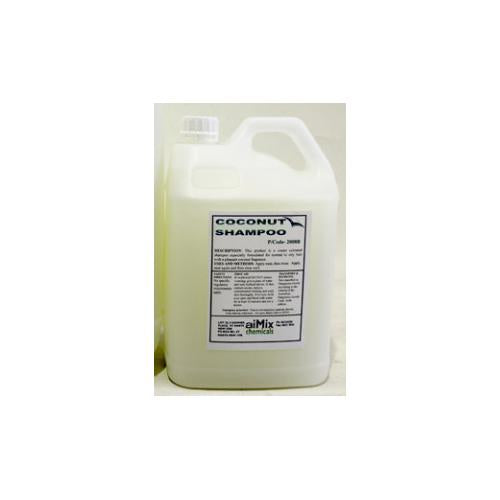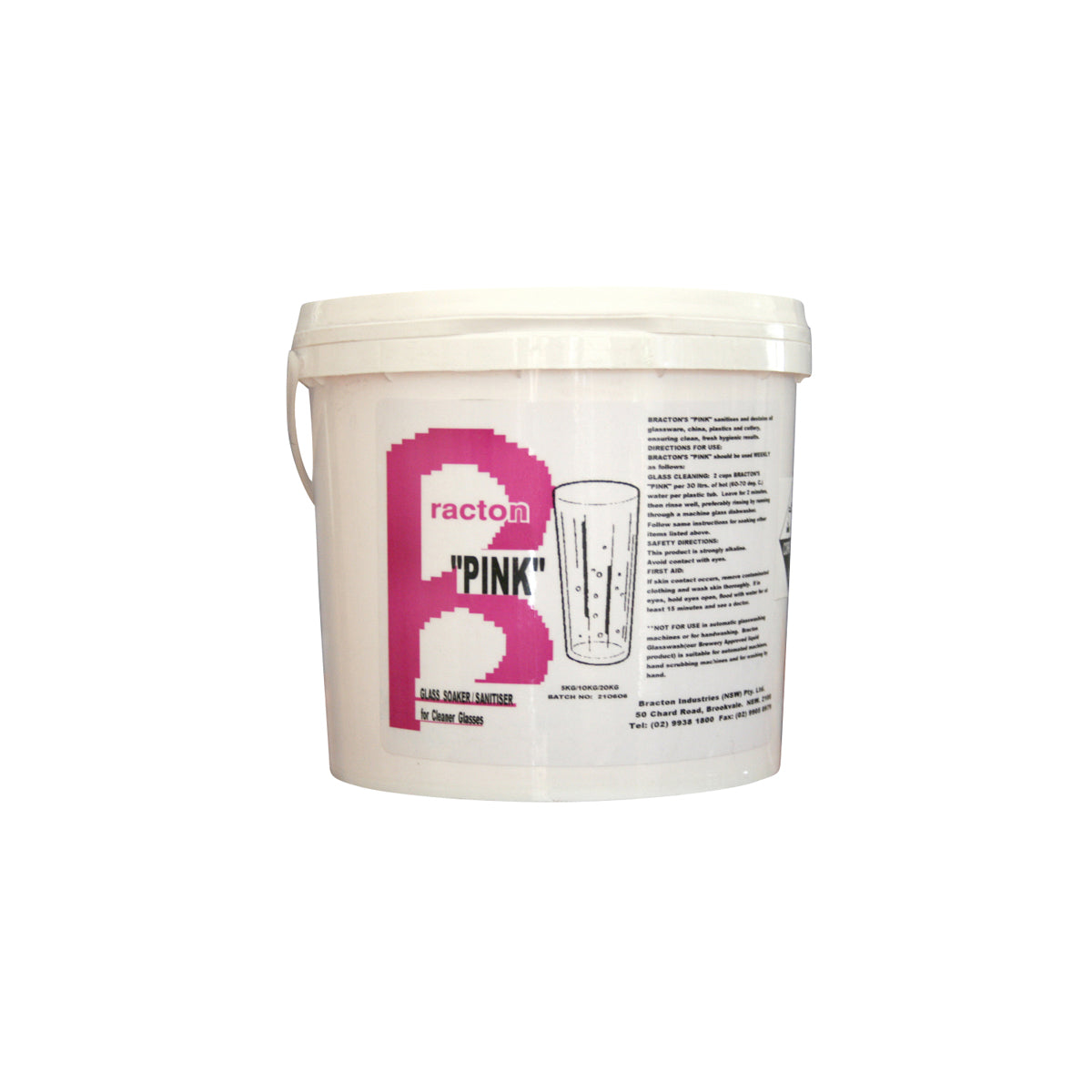South Australia, Tasmania, the Northern Territory and the Australian Capital Territory have already introduced bans on plastic bags. Victoria, Western Australia, and Queensland have also committed to banning plastic bags by 2018. New South Wales has not yet indicated that a ban will be introduced.
Download the Ban The Bag infographic.
South Australia
A pioneering state when it comes to the environment, South Australia was the first state to introduce plastic bag bans back in 2009.
Allowed: Compostable bags, along with green bags, heavy retail bags, barrier bags, and paper bags, are not included in the ban.
Read more about the SA bag ban.
Tasmania
In 2013, the Tasmanian government introduced legislation banning retailers from providing shoppers with lightweight, single-use plastic bags. Under the legislation, the supply of other plastic bags is not restricted.
Allowed: Compostable bags certified to Australian Standard AS4736, resealable zipper storage bags, heavier plastic bags (above 35 microns), lightweight meat, fruit and vegetable 'barrier' bags, paper bags. and plastic bags that are an integral part of the packaging.
Read more about the TAS bag ban
Northern Territory
The Northern Territory ban on single-use plastic bags came into effect on 1 September 2011 after a four-month phase-out.
Allowed: Compostable bags, green bags, heavy retail bags, barrier bags, and paper bags, are not included in the ban.
Read more about the NT bag ban.
Australian Capital Territory
The Australian Capital Territory banned plastic bags on 1 November 2011. The ban applies to all retailers in the ACT for single-use, lightweight polyethylene polymer plastic bags that are less than 35 microns in thickness and degradable bags made from plastic.
Allowed: Compostable bags certified to Australian Standard AS4736 and paper bags
Read more about the ACT bag ban.
Queensland
The Queensland Government has passed the Waste Reduction and Recycling Amendment Bill 2017 which will forbid retailers from providing or selling all lightweight plastic bags (known as single-use singlet bags) from 1 July 2018. Unlike other states, in Queensland, the ban also includes all plastic bags less than 35 microns in thickness including compostable bags.
Allowed: Paper bags
Read more about the QLD bag ban.
Western Australia
Effective July 1, 2018, the Western Australian government has banned all lightweight single-use plastic bags (including compostable bioplastic bags) statewide, bringing the state in line with South Australia, Tasmania, the Northern Territory, and the Australian Capital Territory which already has plastic bag bans in place.
Allowed: Paper bags
Read more about the WA bag ban.
Victoria
While there’s no legislative ban in place yet, the Victorian government has pledged to ban single-use plastic bags across the state by the end of 2019. Being a late entry to the ‘ban the bag’ movement, Victoria is drawing on experience in other jurisdictions, which shows that banning lightweight plastics ban can lead to undesirable results, including increased use of heavier duty plastics, which can have an even more significant environmental impact. All single-use, lightweight plastic bags are banned, including compostable bioplastic bags.
Allowed: Barrier bags for fruits, vegetables, meat and fish, garbage bags, bin liners, animal waste bags, woven polypropylene bags, hessian (jute) bags
Read more about the VIC bag ban.
Reusables only provide a benefit if they are reused
Research by the Canberra government has shown charging for bags reduces use by 80 percent and bag bans lessen the amount of plastic bags in landfill by up to 36 percent (including single-use plastic bags, reusable plastic bags, bin liners and a proportion of reusable woven bags).
However, few reusable bags are used long enough to reach resource-expenditure parity with the
lightweight bags they were meant to supplant. Based on comparative carbon emissions of a plastic singlet bag, reusable bags made from recycled polypropylene plastic used five times as much plastic, and require 26 uses.
What this means for compostable bioplastic bags
In Queensland and Western Australia, retailers are banned from providing shoppers with all lightweight, single-use plastic bags including compostable bags. While we can all agree that there is a need to reduce single-use plastics, there are some instances where it is unavoidable. For example, compostable lightweight, single-use bags can be useful for collecting organic waste – like home compost or food scraps – as these bags will decompose in a home composting system returning nutrients to the soil in the process.
According to Warwick Hall, Vice President of the Australian BioPlastics Association (ABA) ‘with some justification, it can be argued that an organically recyclable/compostable bag, such as those that meet the requirements of AS4736 or AS5810 presents much less of a potential hazard than a polyethylene bag because the compostable bag can be reused for the collection and disposal of organic waste to industrial or home composting or other organic recycling, which is much needed because organic waste is a large component of waste going to landfill’.
What next?
In many instances, lightweight single-use bags are still required for hygienic reasons. Our bioplastic bags provide an eco-friendly alternative, made using Ecopond, a starch-based bioplastic that is certified compostable to Australian (AS4736) compost standards, and are home compostable.













